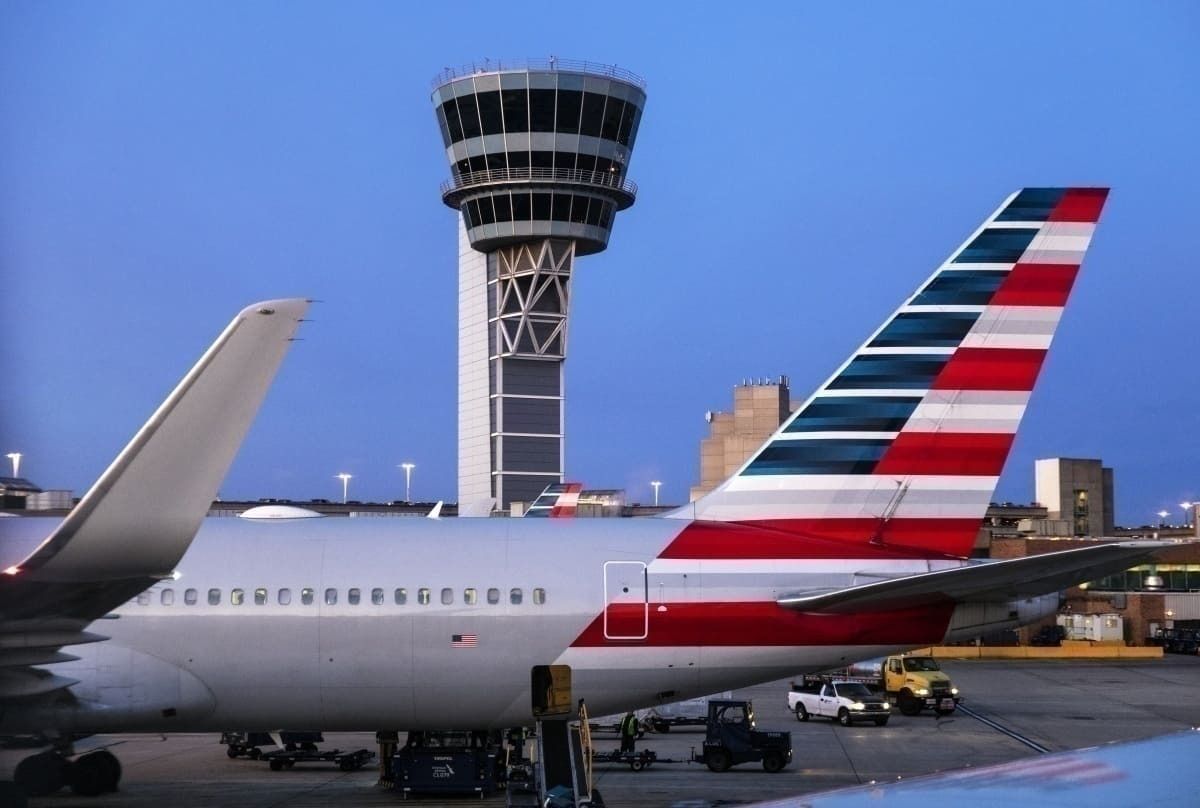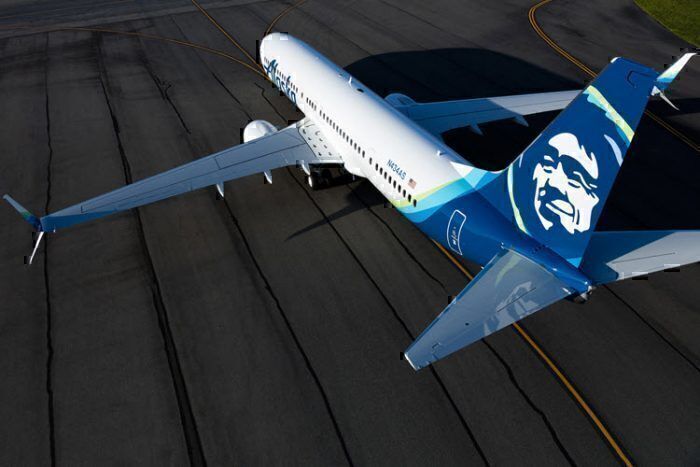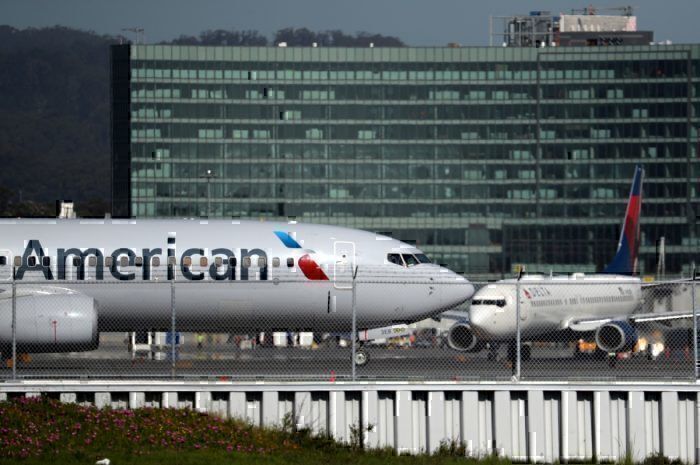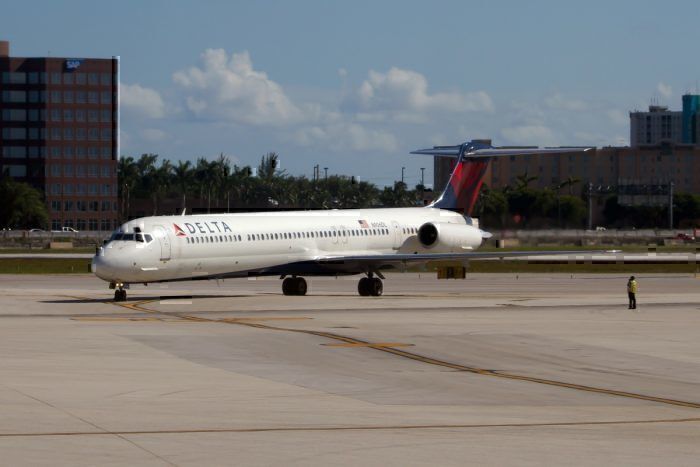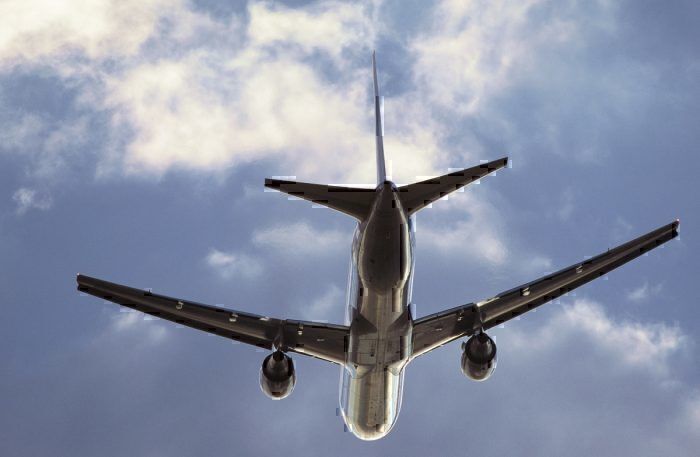The current coronavirus outbreak has left the world’s airlines scrambling to adjust schedules and services, as the appetite for global travel takes a nosedive. Now, it seems there could be a hidden environmental benefit to the current state of chaos, as airlines in the US begin to eye early retirement of older less efficient aircraft during this time of sluggish demand. Could coronavirus cut carbon emissions? Let’s take a look.
The hidden upsides of the outbreak
Earlier today, we reported the surprising silver lining to the coronavirus epidemic, as discovered by South African Airways. Now, it seems there could be another surprise beneficiary of the outbreak, and that’s the environment.
While the huge downturn in demand for travel is certainly helping the environment in the short term, there are things happening in the US which could see a much longer-term benefit too. Going on what was seen post 9/11, the coronavirus outbreak could spur airlines in the US to accelerate the retirement of their older aircraft.
As this is not something which is undone later on, the outbreak could lead to a much greener, more environmentally friendly fleet in the US as a whole. The Points Guy today outlined the steps some of the major air carriers are taking in response to the crisis, as was shared at a recent J.P. Morgan event.
Alaska Airlines has no plans to change
According to president Ben Minicucci, Alaska Airlines has no firm plans to make any notable changes to its fleet due to the COVID-19 outbreak. Overall, the impact on the airline has been fairly minimal, with an estimated drop of just 3.2% in overall capacity contained within its May schedule.
However, if it does look to trim aircraft from its fleet, its oldest aircraft are its 737 NGs. The airline has 14 Boeing 737-700s in its fleet, which average some 19.8 years between them. It also has some A320 family jets on lease which it was previously looking to phase out. Accelerating the retirement of these remains an option for the airline.
American Airlines is making the most of it
The message from American Airlines is that they’re going to take every opportunity they can find in this difficult situation. The airline may well accelerate the installation of its Project Oasis cabin refits, and is reportedly eyeing early retirement of both the Boeing 767 and the Embraer E190.
Trump's ban on travel from the EU is likely to give AA a nudge on its 767s, which are often used on these routes. The 17 in its fleet were slated to retire in 2021, but could go earlier now, as could its aging Boeing 757s.
Delta Air Lines could be eyeing its old MDs
Overall, Delta has reduced its capacity by some 15%. As such, the airline has parked up a number of widebody and narrowbody aircraft for the time being. Their CFO Paul Jacobson didn’t elaborate on any retirements during the J.P Morgan event.
However, the airline has retirement plans for its large fleet of McDonnell Douglas aircraft. It has, according to Planespotters.net, some 48 MD-80s and 26 MD-90s still flying, all of which are well over 20 years of age. Some of the MD-88s have passed the 30 year landmark! Delta was planning to hold onto these old birds for another couple of years, but could now begin to retire them in the demand slump.
United Airlines won’t take any new planes
Scott Kirby, United’s president, told attendees at the event that the airline had no plans to park up a single aircraft as yet. However, in order to mitigate the slump, he said United would not take a single aircraft delivery in 2020 unless it was fully financed already, a move that will see its expected arrivals cut by at least half.
However, at the time Kirby knew nothing of Trump’s EU travel ban. The restrictions on transatlantic passenger movement may well change his outlook. Some of the long haul aircraft primarily used on these trips are some of the oldest in its fleet, such as the 38 767-300s, which average 24.2 years old.
Overall
While no airline has said they will specifically retire aircraft in the wake of the coronavirus, there is a strong possibility we could see some older models being mothballed earlier than planned as airlines look to mitigate the economic impact. As such, we could well see the US emerge from this current state of chaos with a younger, more efficient fleet.
Of course, the same applies to other airlines around the world too. While it’s too early to say when or how international aviation will look when we come out of this mess, there’s certainly a need to see the bright side amidst all the chaos.

